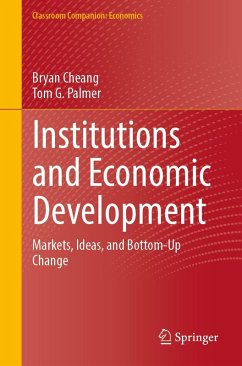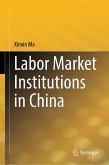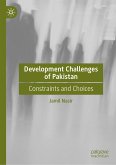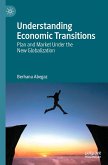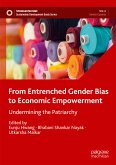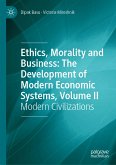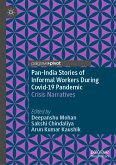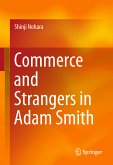Successful reforms however are not simply a function of constructing formal institutions, but must cohere with the social values, norms, and cultural commitments of local communities. It is in this spirit that the book theorises on the oft-neglected role that political entrepreneurs play in driving endogenous institutional change. Specifically, this book integrates the theoretical discussion on market-drivendevelopment with a range of case studies from around the world, featuring the bottom-up efforts of local change agents to pursue institutional reforms and changes in social opinion.
This marvellous handbook displays an impressive grasp of the vast literature on economic development, highlighting the crucial role of liberal ideas of freedom for economic success. The handbook masterfully summarizes debates on free markets, institutions, and culture as causes of development. This is the best textbook treatment of liberalism and development that I have ever seen.
William Easterly, Professor of Economics at New York University (NYU) and Co-Director, NYU Development Research Institute.
Dieser Download kann aus rechtlichen Gründen nur mit Rechnungsadresse in A, B, BG, CY, CZ, D, DK, EW, E, FIN, F, GR, HR, H, IRL, I, LT, L, LR, M, NL, PL, P, R, S, SLO, SK ausgeliefert werden.

